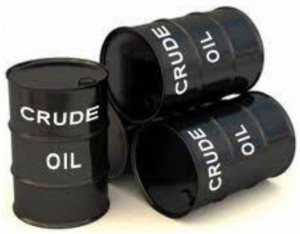Energy Secretary Ernest Moniz recently acknowledged that it may be time to lift the ban on exporting crude oil, a comment that elicited a flurry of support and opposition toward the idea and highlighted the need for a thorough debate on the issue.
The ban was enacted in 1975, along with the Strategic Petroleum Reserve, as an energy supply security measure in response to the Arab oil embargoes. Since that time, the US energy landscape has changed and many are calling for a review of potentially outdated policies. “Those restrictions on exports were borne, as was the Department of Energy and the Strategic Petroleum Reserve, on oil disruptions,” Secretary Moniz told Platts. “There are lots of issues in the energy space that deserve some new analysis and examination in the context of what is now an energy world that is no longer like the 1970s.”
While the decision to lift the ban belongs to the Department of Commerce, not the Department of Energy, many members of congress are weighing in on the issue. In a letter to President Obama, Senate Foreign Relations Committee Chairman Robert Menendez (D-NJ) said: “Crude oil produced in the U.S. should be used to lower prices here at home, not sent to the other side of the world… As you know, the world price of oil (otherwise known as the Brent crude price) is currently about $110 per barrel, while the American price is about $97 per barrel.”
Should the ban on crude oil exports be lifted? What would be the economic and national security impacts of lifting the ban?
View a previous Discussion on a similar topic: Fuel Choice and Energy Security

The national security case for lifting the ban on crude oil exports is crystal clear. We live in an interdependent world and depend on support from the economic health of… Read more »
Petroleum and natural gas are finite resources. Demand will always exceed supply, meaning world economic growth and need for energy will be at a faster pace than our ability to… Read more »
Scott, I respectfully disagree with your premise. Demand is the incentive that creates supply, but it cannot in the long term exceed supply. Obviously, if the customer cannot access supply… Read more »
Generosity and security for ourselves, global friends or our grandchildren? I would like to ask each of the experts to clarify something for me. Is it true that ALL… Read more »
With all due respect to those who have already posted very thoughtful answers (and additional questions) what I have never figured out is why we burn fossil fuels rather than… Read more »
It is good to see that the State Department (Mr. Finn) takes a geopolitically sophisticated view of global oil and gas instead of the historically and economically uninformed one… Read more »